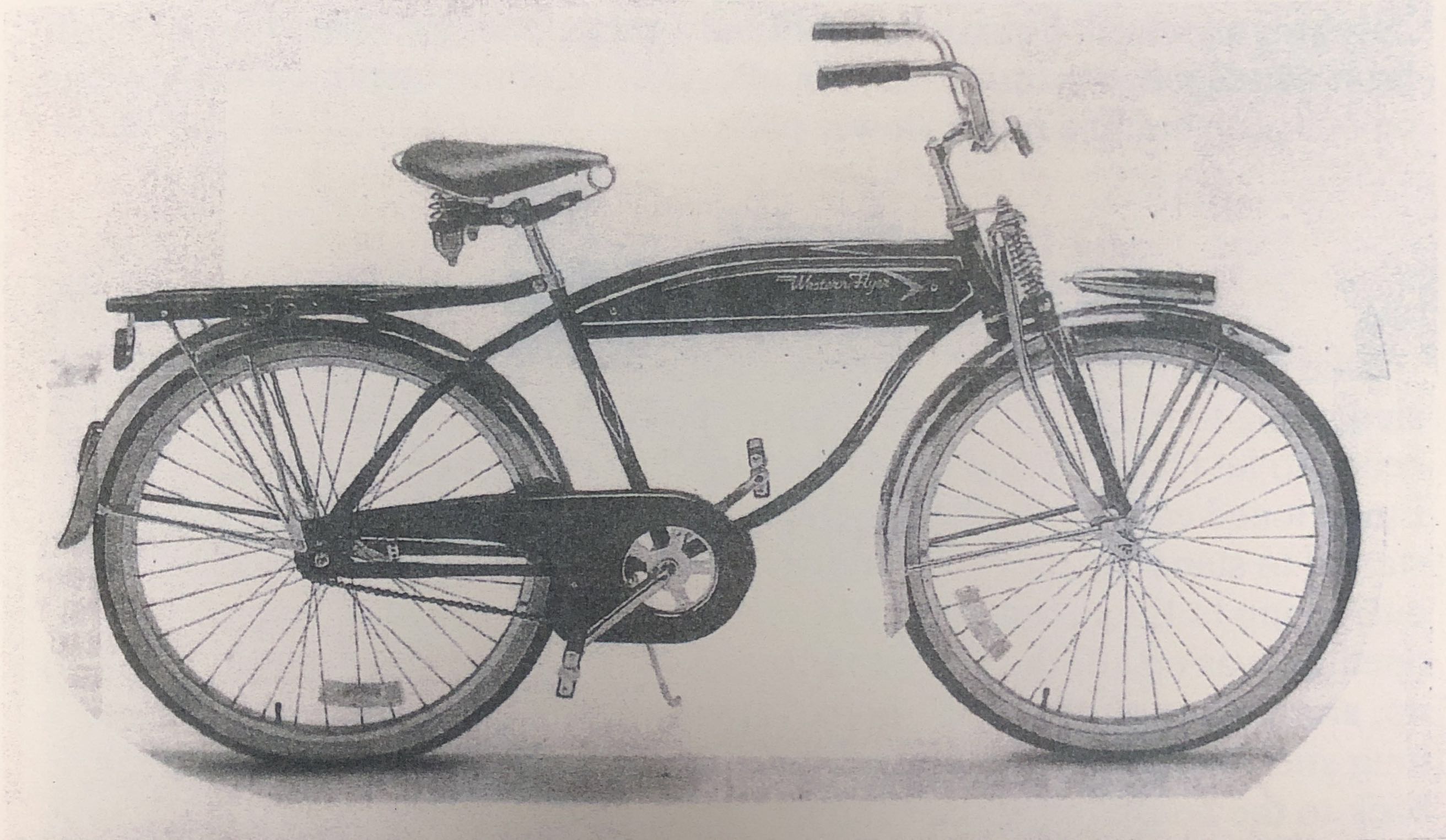Savannah Reams: Greene Publishing, Inc.
Bill Hutto is a Madison County native and grew up in Greenville, Fla. In his memoir titled "Country Living," he describes in detail times gone by, his old family farm place and the fond, and sometimes sad, memories of his boyhood. The following is an excerpt from the first volume of "Country Living," titled "Farm Work." Bill Hutto, born in 1938, is the eldest son of Alcus and Belle Hutto. His siblings include Marjorie, Norman, Darrow and Sammy Hutto—all familiar names in Madison County. Hutto currently resides in Milton, Fla., with his wife, Jane Fulford Hutto, who also hails from Greenville.
Story Submitted: Bill Hutto
As children of "farm parents," we were expected not only to do daily chores, but to also work in the fields. Even at six years of age, we were expected to get right into the thick of things when it was time to bring in the crops. On our farm, we were allowed a government allotment of 3.1 acres of tobacco. When the government agent came by and figured we had planted 3.2 acres, he stayed to watch us chop down 0.1 acres. We would choose the worst looking rows of plants to chop down.
Tobacco harvesting required many different jobs to get the tobacco to the final stage for selling. Just to name a few, there was the cropping, sled operator, a stringer, hander, grader, unstringer, etc.
In my family, when the kids worked, we were working to buy our school clothes for the coming school year. At the end of the workday, Daddy and Uncle Lamar would go get the "money sack." The sack was full of dollar bills and coins. We would watch everybody get paid in cash, but when it was our time to be paid, Uncle Lamar would look for our names in a small tablet and under our name, he would record how many hours we had worked. At the end of the harvest, when the tobacco was sold, our hours worked would be figured and we were told how much we had earned.
We were not given the money then, but it was given to us when we were taken to Quitman. There, we would be given what we had earned and told to pick out our school clothes. For me, that meant khaki pants, sport shirts, socks and underwear. If any money was left over, we could use that to buy lunch in the lunchroom at school. When it was all spent, we would start taking our bagged lunch (peanut butter sandwiches and/or ham sandwiches).
When I was about ten years old, at the beginning of the planting season, I asked Daddy if I could wear last year's clothes and use my money to buy a bicycle. He agreed, and I worked hard that summer. All summer long, I carried a page from a Sears & Roebuck catalog that had a picture of the bicycle I was going to order. At the end of the summer, Uncle Lamar and Daddy called me to the dining room table, where they were sitting. (I'll never forget this.)
With solemn faces, they said, "Billy, I'm afraid we have some bad news for you. You didn't quite earn enough money for the bicycle." There was a long pause and I was about to break into tears. Then, Uncle Lamar said, "Billy, your daddy and I have decided to make up the difference and you can go ahead and order that bicycle." I wasted no time doing so.

